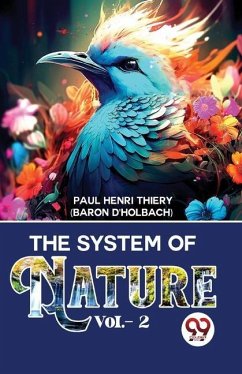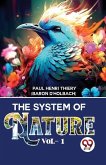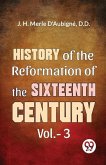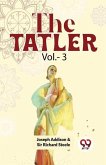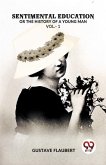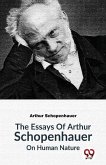The System of Nature Vol. 2 is the second volume of a philosophical work written by the French philosopher Paul Henri Thiery, also known as Baron d'Holbach. In Volume 2, d'Holbach builds on the materialist and atheistic worldview presented in Volume 1, exploring topics such as ethics, politics, and the nature of human society. He states that the universe is governed by natural laws and that all human behavior can be explained in terms of these laws, without the need for supernatural or spiritual explanations. The book is divided into several sections, each exploring a different aspect of human society and behavior. D'Holbach argues that morality is a natural phenomenon that arises from human interactions, rather than a set of rules imposed by a higher power. He also discusses the role of government and the need for political reform to create a more just and equal society.
Hinweis: Dieser Artikel kann nur an eine deutsche Lieferadresse ausgeliefert werden.
Hinweis: Dieser Artikel kann nur an eine deutsche Lieferadresse ausgeliefert werden.

